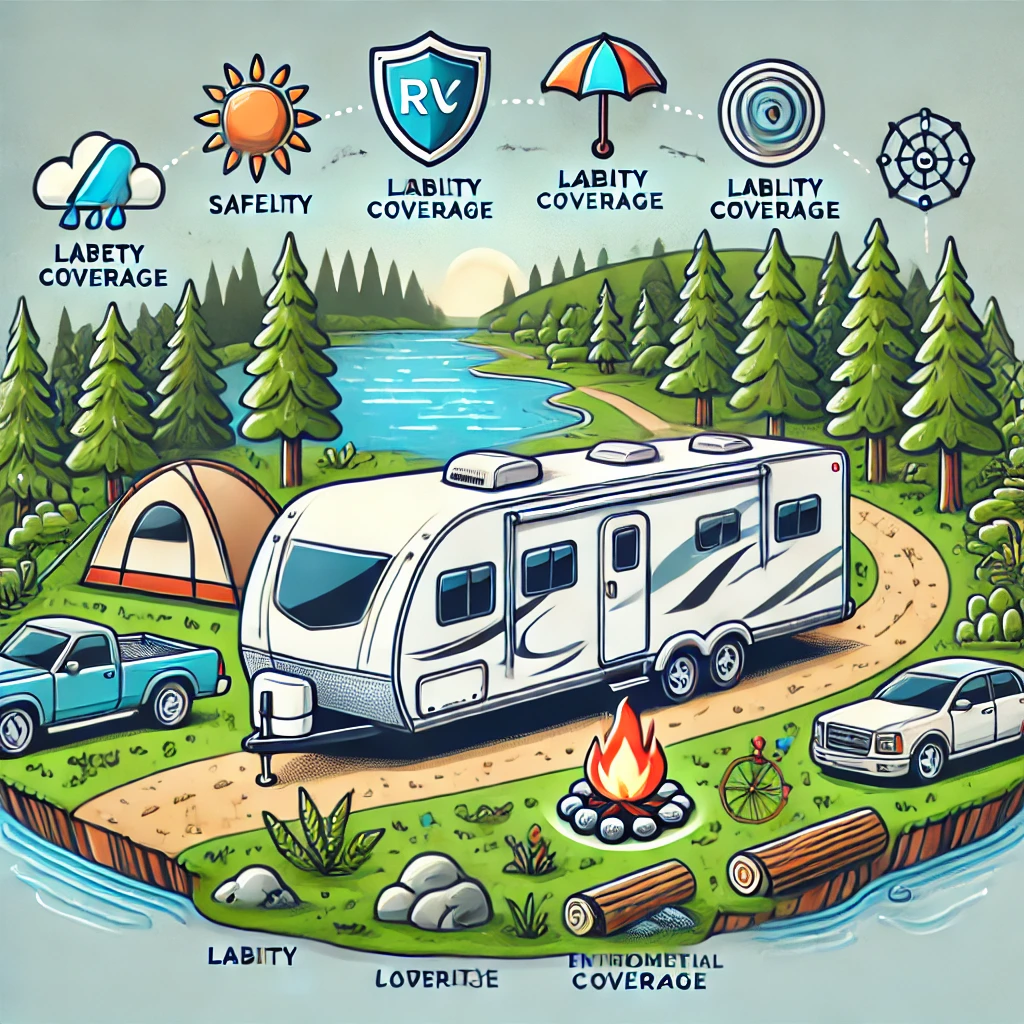Recreational vehicles (RVs) offer the freedom to explore the open road, experience the great outdoors, and create lasting memories. However, owning an RV also comes with unique insurance considerations. Unlike traditional cars, RVs often have specialized features, usage patterns, and potential risks. This comprehensive guide will delve into the specific insurance needs of RVs, helping you understand the various coverage options available and make informed decisions to protect your investment.
Why RV Insurance is Different from Regular Car Insurance
While both RVs and cars are vehicles, there are several key factors that set RV insurance apart:
- Usage Patterns: RVs are typically used for extended periods, often traveling to remote or unfamiliar locations. This can expose them to different risks compared to daily commuting vehicles.
- Value and Features: RVs can be significantly more valuable than standard cars, with unique features like slide-outs, awnings, and onboard amenities that require specialized coverage.
- Liability Risks: RV accidents can result in substantial property damage and personal injury, making comprehensive liability coverage essential.
- Personal Property: RVs often contain personal belongings that may be covered under your RV insurance policy, but specific limits and exclusions apply.
Essential Coverage Types for RV Insurance
- Physical Damage Coverage:
- Collision: Covers damage to your RV resulting from a collision with another vehicle or object.
- Comprehensive: Protects against damage caused by theft, vandalism, fire, natural disasters, and other perils.
- Deductible: The amount you pay out of pocket before your insurance coverage kicks in.
- Liability Coverage:
- Bodily Injury Liability: Covers the medical expenses of others injured in an accident caused by you.
- Property Damage Liability: Pays for the damage to others’ property caused by an accident.
- Uninsured/Underinsured Motorist Coverage:
- Protects you if involved in an accident with a driver who is uninsured or underinsured.
- Personal Property Coverage:
- Covers your belongings inside the RV, subject to specific limits and exclusions.
- Medical Payments Coverage:
- Pays for medical expenses of you and your passengers, regardless of fault.
- Roadside Assistance:
- Provides help with flat tires, lockouts, battery problems, and towing.
Additional Considerations for RV Insurance
- RV Type: The type of RV (motorhome, travel trailer, fifth wheel) can influence insurance costs and coverage options.
- Full-Time vs. Part-Time Use: Full-time RV living may require additional coverage or specific policy provisions.
- RV Rental: If you rent out your RV, you may need specialized rental vehicle insurance.
- Customizations and Upgrades: Any modifications or upgrades to your RV should be reflected in your insurance coverage.
- RV Storage: If you store your RV in a specific location, your insurance may be affected.
Tips for Getting the Best RV Insurance
- Compare Quotes: Obtain quotes from multiple insurers to find the most competitive rates and coverage options.
- Understand Your Policy: Read your policy carefully to ensure you understand the terms, conditions, and exclusions.
- Review Coverage Needs Regularly: As your RV usage or lifestyle changes, reassess your insurance needs to ensure adequate protection.
- Consider Discounts: Many insurers offer discounts for safe driving records, multiple policies, and RV safety features.
By understanding the unique insurance needs of RVs and carefully considering the available coverage options, you can protect your investment and enjoy your RV adventures with peace of mind.
